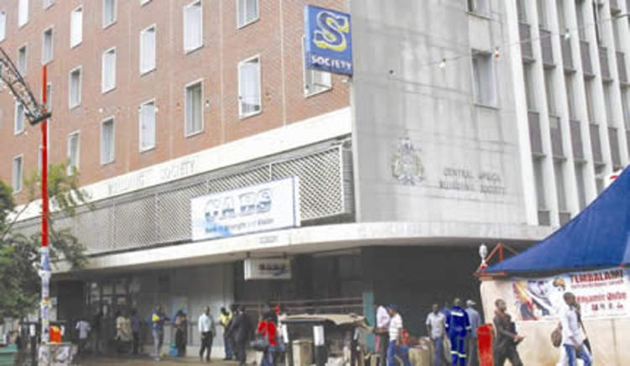EDITORIAL COMMENT: Harare, CABS housing scheme commendable

 Housing, according to the United Nations, is a basic need that each central government and local authority the world over, should deliver to its people regardless of social standing, creed or belief.
Housing, according to the United Nations, is a basic need that each central government and local authority the world over, should deliver to its people regardless of social standing, creed or belief.
Reneging on this crucial social need in some parts of the world has led to people living in squalid conditions that breed disease, crime, prostitution and all forms of social vices.
It is against this backdrop that Harare City Council and the Central African Building Society (CABS) should be hailed for constructing 3 102 housing units for the low-income earners in Harare’s Budiriro high-density suburb.
It is our hope that this programme will soon spread to other cities, towns and growth points to help clear the country’s housing backlog, currently standing at 1,2 million.
We reported in this paper yesterday that Harare City and Cabs slashed the deposits for the Budiriro houses from $5 874 for a two-roomed house that costs $22 000 to $2 200 and $2 700 from $7 258 for a four-roomed house that costs $27 000.
While this is a positive development, it does not bring much relief to the low-income earners, the supposed beneficiaries, because the figures are still out of reach for most low-income earners while the increased tenure to 20 years from 10 imply that the cost of purchase remains high.
Further considerations on the programme are critical at this juncture.
So far only 500 people have taken the scheme, close to two years down the line.
This is largely because the units still remain beyond the reach of the less privileged despite being celebrated as a scheme for low-income earners.
The challenge is that although the monthly annuities of plus $100 appear to be affordable for the people, it is raising between $2 200 and $2 700 deposit that will be a mammoth task for the low-income earners, shifting the scheme to the middle-class.
We are aware of the challenges in the agreement between the city council and the building society over undertakings that were not met, resulting in higher prices for the units as CABS sought to make a return on its investment.
Modalities could still be worked out without necessarily compromising the intended beneficiary.
However, we need to salute the two partners for coming up with the Budiriro scheme, which contributes significantly towards fulfilling Zanu-PF’s Zim-Asset dream of constructing over 125 000 housing units by 2018.
What is critical in the meantime is not the cost of the housing units, but how Zimbabweans can be capacitated so that they can raise the required deposit.
Besides, CABS used depositors’ money and investors need to be hedged against any eventualities.
Everyone, including employers, should play ball and not leave the housing issues to Government, CABS and a few banks in the country.
We implore local authorities to avail land to companies with capacity to service it and help their employees to construct houses.
The Public Construction Department in Government should also play a leading role in helping mainly civil servants to secure stands at low cost so that the myth that a house is a preserve for the rich is removed.
Government should come up with more schemes such as the Operation Garikai/Hlalani Kuhle so that the poor will have decent and affordable accommodation.
Therefore, the Budiriro housing scheme should be among the many schemes in Zimbabwe that are meant to help poorly resourced Zimbabweans secure accommodation with the help of fortunate individuals and well-resourced companies.










Comments